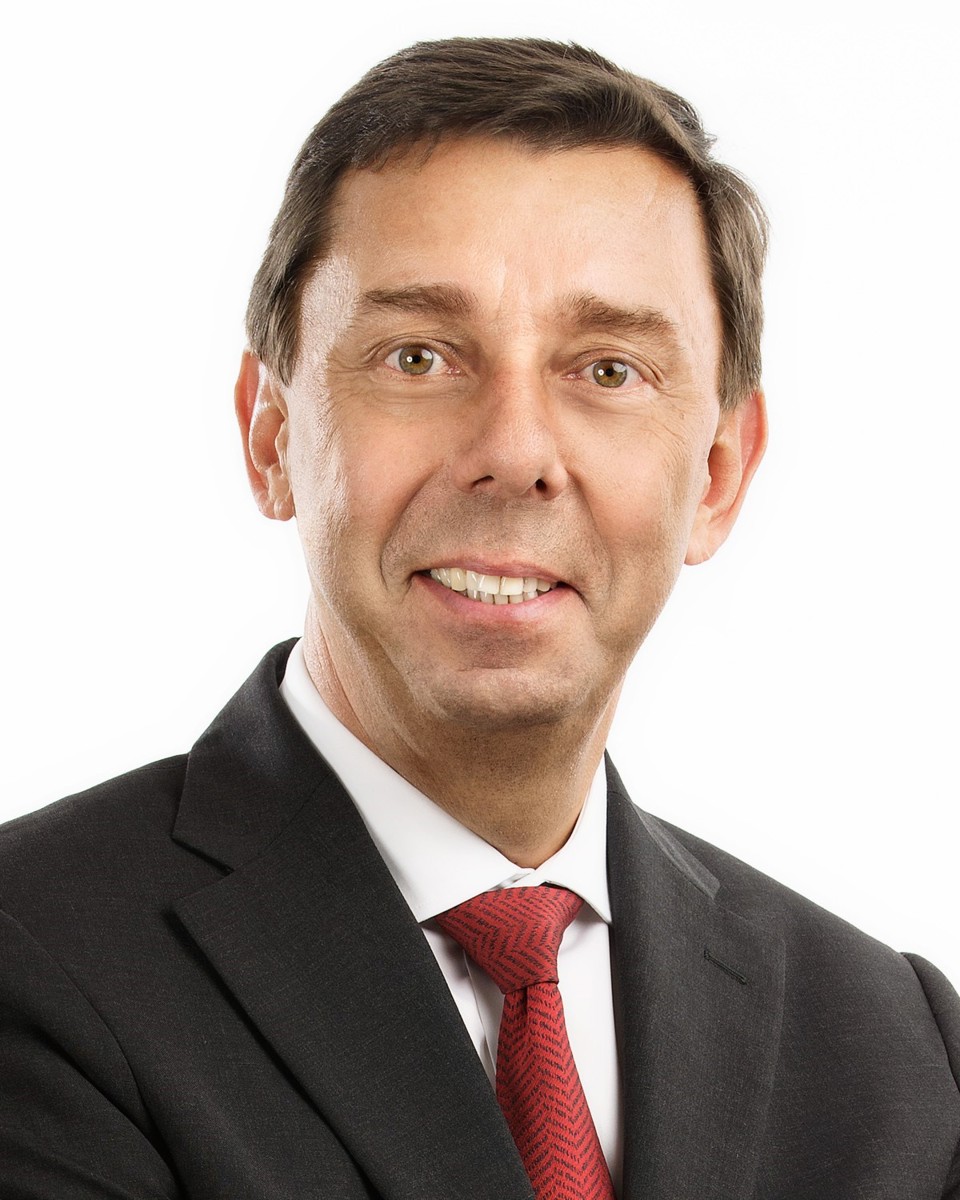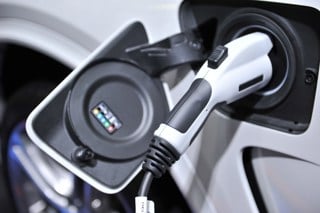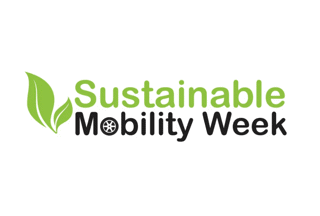Arval has outlined its ambition to become “the leader in sustainable mobility” as part of a new five-year ‘Arval Beyond’ strategy.
The strategy, running from 2020-2025, has four priorities: mobility, environment/safety, connected services and partnerships. It is intended to help the company “grow in a cleaner way”, according to chair and CEO Alain Van Groenendael (pictured), by offering the best solution to get from A to B at the lowest cost and with the lowest impact on the environment.
Appointed in January 2019, Van Groenendael has undertaken an internal business review, concluding that Arval “was a little bit too car-centric”.
He said: “We want to be the leader in sustainable mobility. It’s the right time to do so and the customer is asking for it.”
The new strategy doesn’t mean Arval will turn its back on vehicle leasing: it intends to grow its global funded business from 1.3 million cars to two million by 2025. In the UK, that translates to a rise from almost 180,000 to “well above the 200k mark”, according to UK managing director Miguel Cabaça.
Instead, the new plans substantially widen Arval’s potential customer base, with services that can be offered to all employees of its corporate clients, not just company car drivers – an estimated 50 million people globally.
EXTENDING THE REACH
Bart Beckers, Arval chief commercial officer and author of the Arval Beyond strategy, explained: “Our first target customer is the employees of corporate customers because they know us well already and we see the vehicle still being part of the solution for some time to come. But we can also reach employees that don’t have a company car, and this will be a combination of private lease and mobility.”
Andrian Cainarean, Arval head of mobility partnerships and energy transition, added: “The fleet manager that we used to have is becoming a mobility manager. We have estimated around 10% of the employee base has a company car, but mobility managers expect us to address the needs of the 90% of employees that don’t have one.”
THREE CORE SERVICES IN 360 MOBILITY
The mobility pillar, branded 360 Mobility, features three core services for customers and their employees: e-bike leasing, car/micro-mobility share and Mobility as a Service (MaaS) – an app that brings together all the mobility options.
Several products are already on trial in some countries, including Netherlands and France, where they are often complementary to an existing company car.
“When people go for it, they tend to downgrade the vehicle for equipment and complement the offer with mobility,” Beckers said.
Cabaça admitted the UK is “behind the curve” when it comes to adoption of mobility solutions, but he believes there is an opportunity to introduce services around mixed transport usage. For example, someone parking at a train station and commuting into a city could need a mobility option to take them from station to office.
“We will introduce some of these products in the next three-to-four months, for example e-bikes and car sharing; then there are long-term solutions like MaaS which are part of the 2025 plan,” he said.
The Arval environment and safety strand, called Good for You, Good for All, bundles together the electric car (plus e-bike), charge point – including vehicle-to-grid (V2G) option – and charging payment into one monthly fee.
It also offers a ‘try before you buy’ option and gives drivers access to a petrol or diesel car for up to six weeks a year, if required.
“The pricing strategy reflects our optimistic view on the EV market,” said Cainarean. “We also want to push for renewable energy to be used for charging and we see V2G as the solution. A battery can hold four-to-five days of household energy consumption which can be sent to the house, the office or back to the grid, when needed, and then recharged at a cheaper time with renewable energy.”
Arval is targeting an overall fleet of 500,000 electrified vehicles by 2025 – it currently has 100,000 – of which “more than 10%”, 50,000-plus, will be in the UK, up from 14,500 today. Battery electric will account for the largest proportion, helping Arval to achieve its goal of a 30% reduction in average CO2 emissions versus 2020 levels.
ENCOURAGEMENT OF SAFETY SYSTEMS
Good for You, Good for All also incorporates a safety target of cutting annual crashes by 10% by encouraging the uptake of ADAS (advanced driver assistance systems) on company vehicles.
Arval’s research shows that vehicles with ADAS – particularly active braking, adaptive cruise control, pedestrian avoidance and parking sensors/camera - have up to 14% fewer crashes, but one issue for fleets is the higher lease cost of adding often-optional equipment to the car package.
“We want to encourage them to buy, so we will offer a discount on the insurance premium (via the Arval in-house offering) so they can fit equipment to their vehicle to drive accidents down and improve road safety,” said Cainarean.
“We can also look to lift the RV to get the right balance with the lease. However, we will focus on different types of ADAS dependent on the specific fleet (and the type of incidents it is having).”
THE LATEST TECHNOLOGY
Connected and Flexible, the third part of the Arval Beyond strategy, looks to exploit the latest technology developments to offer customers a wide range of new services. These include automated payment of street parking, voice-aided services and remote, keyless access to open the boot to receive deliveries.
Arval retail director Lakshmi Moorthy said: “By 2025, more than 80% of the Arval fleet will be connected.”
The final piece in the four-part plan is called Arval Inside. It refers to partnerships with major customers, co-designing new products and unique offers with them, as well as with mobility partners, brokers, banks, insurance companies and energy partners, to continually broaden the Arval range of services.






















Login to comment
Comments
No comments have been made yet.